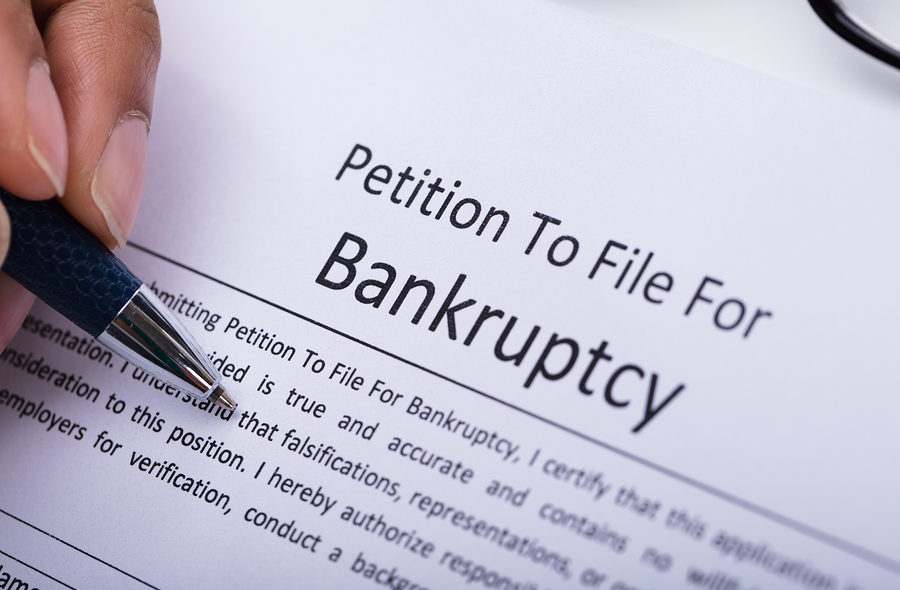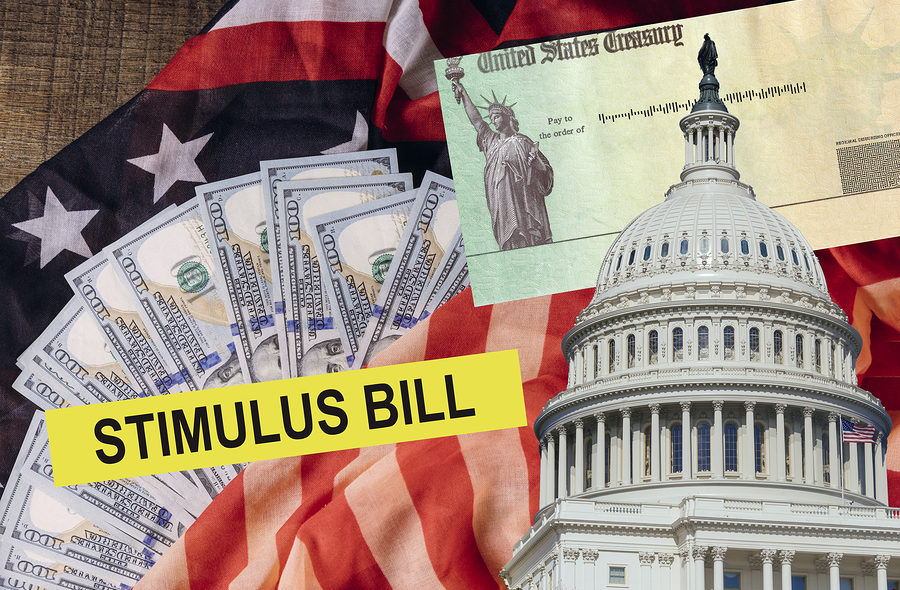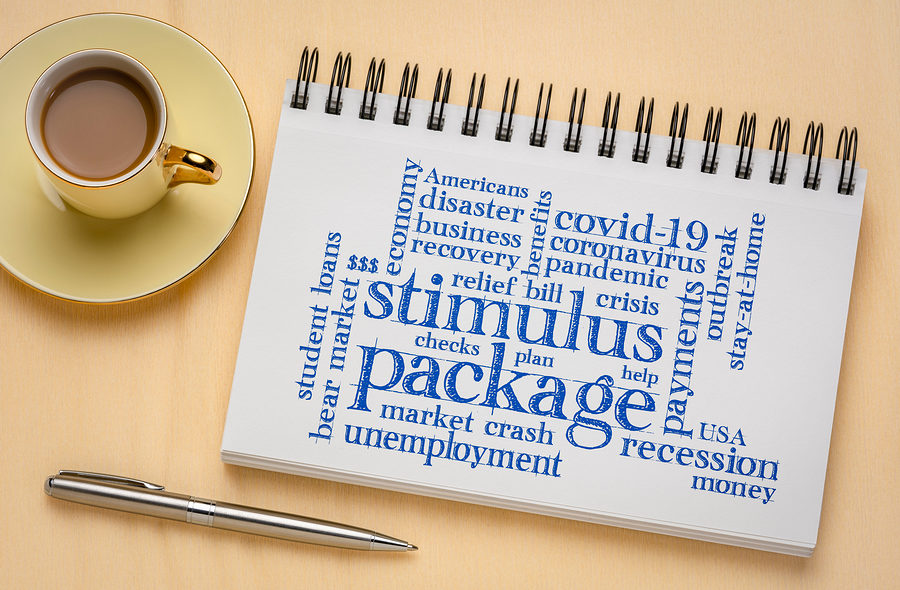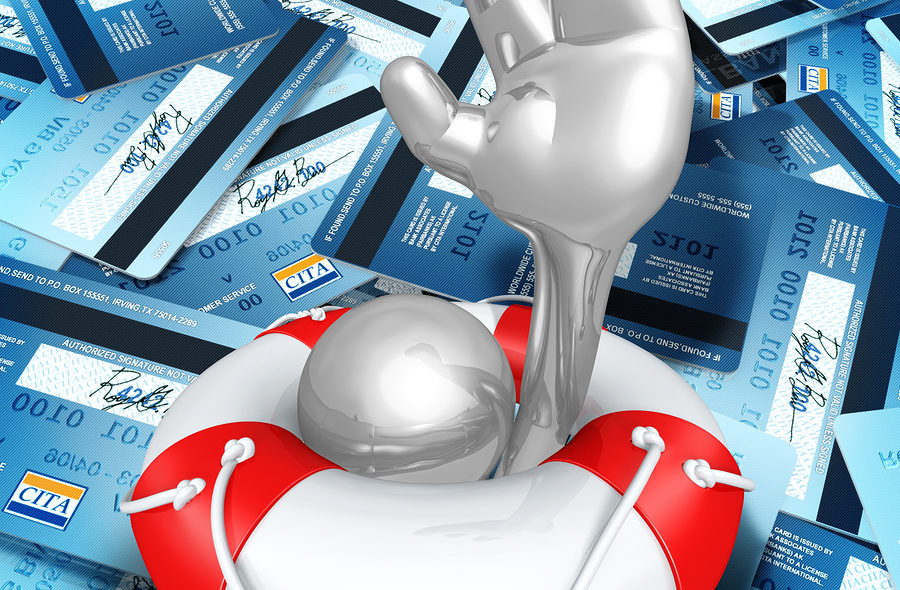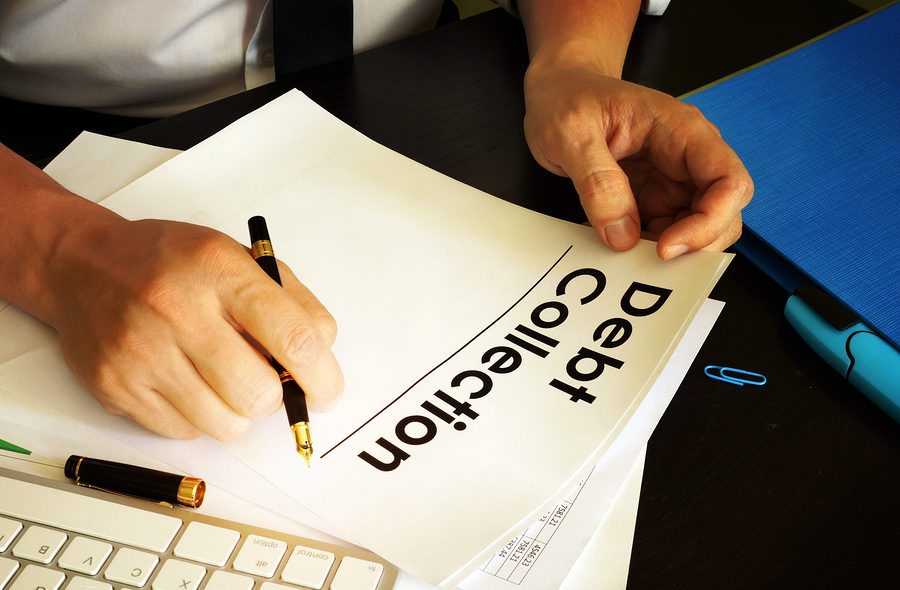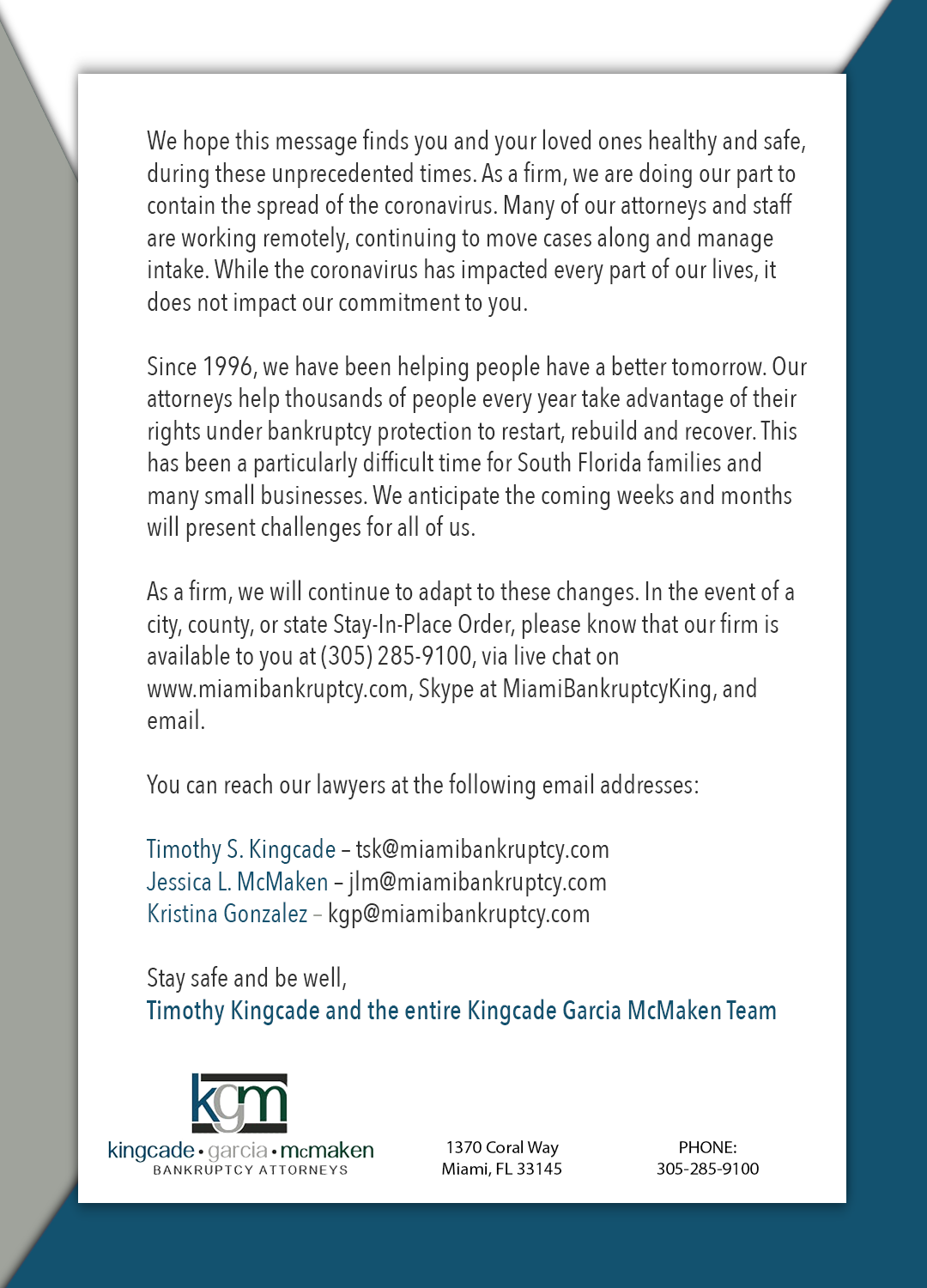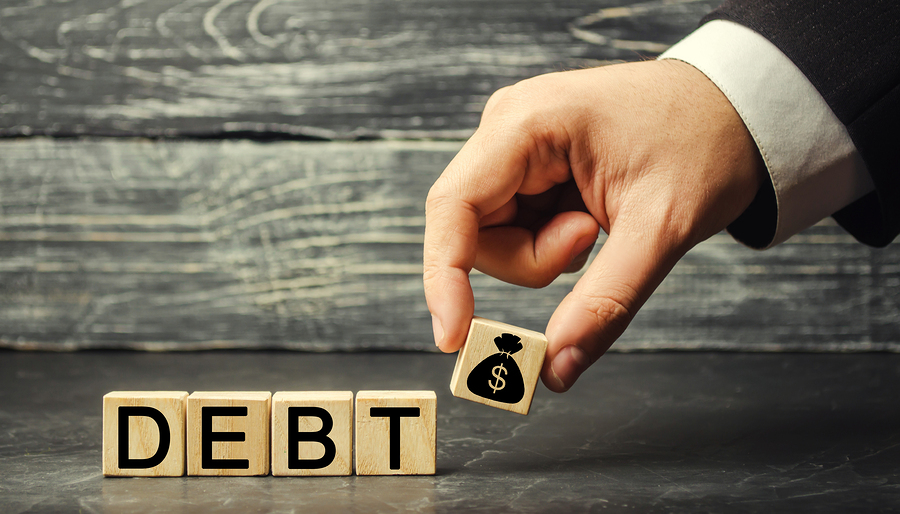Filing for bankruptcy allows people to get a fresh start financially and erase past debts, but a legitimate concern many consumers have is the effect it will have on their credit score and their ability to take out credit, again.
One of the biggest misconceptions about filing for bankruptcy is that it will ruin your credit score and your financial future. To the contrary, after filing for bankruptcy you can begin restoring your credit right away.


